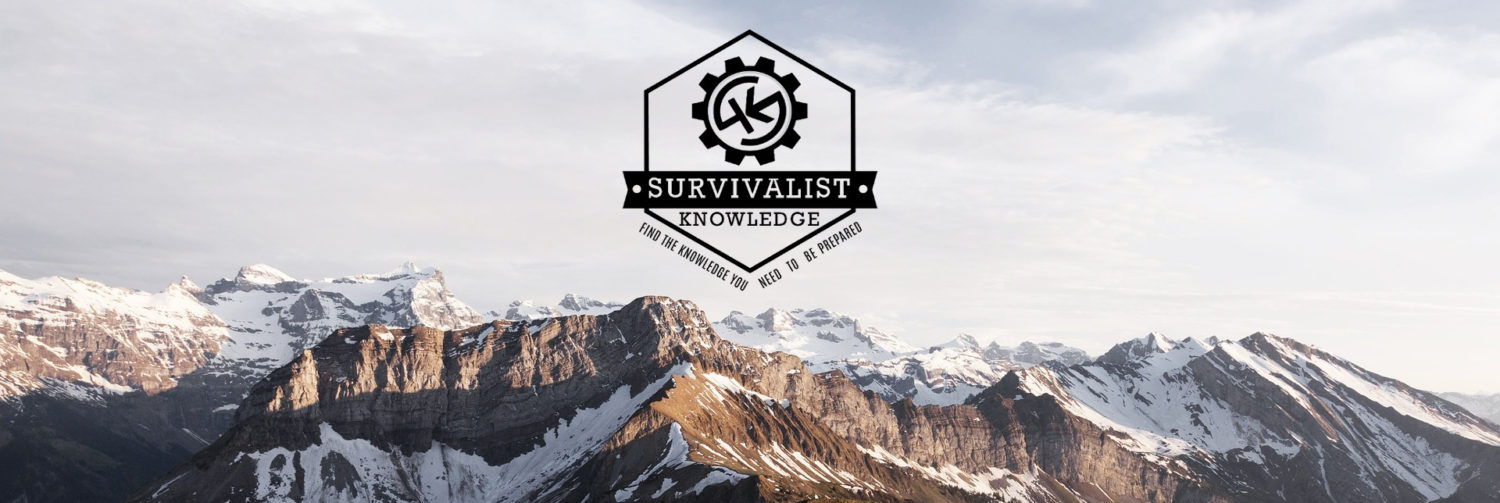Have you ever climbed a mountain? This is usually one of the most enjoyable hiking activities. If you climbed in company of friends, you may have noticed some changes in their behavior at some point. Did you experience any weird feelings or changes in your body? If yes, this might have been acute mountain sickness.
So what is acute mountain sickness?
Also referred to as Altitude sickness, this condition comes about when you climb to high altitudes and lack enough oxygen for your body to function normally. In ski resorts, people climb mountains to slide over snow and have fun. Others climb to the top for better sky viewing. Most of the resorts are located 8000 feet high. This is what causes some people to start experiencing abnormal symptoms as they head up.
Cause of acute mountain sickness
At high altitudes, oxygen levels are low. Do you know what happens to your body when you lack sufficient oxygen?
Deprivation of oxygen comes about when you rapidly ascend towards the top of the mountain. You may also experience it in case you climb to the top and stay there for a long time. Although the amount of oxygen remains 21% of the total air in the atmosphere at high altitudes, because air molecules are more dispersed, each breath delivers less oxygen. This means a climber has to breathe faster to compensate the amount of oxygen the body needs. Fast breaths mean that the heart will pump faster and that’s how you start panting.
How to know if you are experiencing mountain sickness
Mountain sickness symptoms will definitely tell you that something is amiss. The following are some of the common signs.
- Dizziness
- Swelling of body parts; including face, hands, and feet
- Nausea and vomiting
- Lack of appetite
- Tiredness and body weakness
- Restlessness
- Headache
- Inability to sleep
- Shortness of breath
- Fluid in the lungs
- Swelling of the brain
Having a fluid in the lungs and a swollen brain is an indication of the severity of the condition. At this point, urgent medical attention is needed. A swollen brain can be indicated by these signs.
- Loss of consciousness
- Clumsiness
- Increased vomiting
- A persistent headache
Mountain sickness treatment
Once you start experiencing the symptoms, you need to act fast before the condition becomes severe. Below are some of the ways you can manage the condition.
- Slowly climb down to an altitude lower than 4000 feet. This will help you access enough oxygen to regain your body’s normal functioning.
- If you already have a swelling in the brain, the physician can give you steroids to manage the situation.
- Rest
- Avoid smoking completely
- Take in lots of fluids
- Breathe in oxygen from a medical cylinder.
- If the victim is very weak, a Gamow Bag can be used to increase the air pressure around the patient and relieve symptoms
- Use painkillers for headaches and anti-inflammation drugs.
You should always seek professional medical attention if it is available, places like ski resorts usually have physicians who treat acute mountain sickness. You can easily access the necessary drugs if needed. If the condition is just mild, you can simply slow down your climbing pace. This will allow your body to undergo acclimation to low oxygen levels.
Mountain Sickness Prevention
Is mountain sickness preventable? yes. There are acute mountain sickness prevention measures you can put in place to remain safe and climb happily. Check this out.
- Climb very slowly – Do not aim to reach the mountain top in just one day. You can stop over at a certain altitude and spend a night there. Slow climbing enables your body to get acclimatized to lower levels of oxygen.
- Do not smoke or take alcoholic drinks.
- Food – eat diets that have a high number of calories.
- Fluids – drink a lot of fluids to stay hydrated.
- You can take Acetazolamide and dexamethasone to help prevent acute mountain sickness.
- Do not ascend more than 300 meters before sleeping.
- You can also stay at the same altitude for some time until your symptoms go away before you continue ascending.
Conclusion
Acute mountain sickness should not prevent you from exploring mountains and having fun at ski resorts. Mountain climbing is an enjoyable hiking experience. Simply put all the necessary safety measures in place to ensure you don’t get affected by high altitude. This will allow you to have fun and stay safe at the same time.




